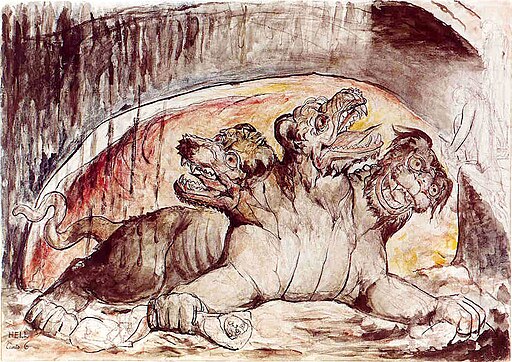 |
| View of the Park, Fountain & City Hall, N.Y. 1851. N. Currier, from the collections of the Museum of the City of New York |
Readers who make it to the tragic end of Pierre; or, The Ambiguities (New York, 1852) will learn how Melville's desperate hero meets his cousin Glendinning Stanly in the street, and guns him down after getting horsewhipped in the face. Some critics have imagined a double murder, in the mistaken belief that Pierre also killed Frederic Tartan, brother of his ex-fiancée Lucy. Pierre could and probably would have gunned down Fred, too. But Fred refused to assault Pierre two on one, and thus was saved by his own noble sense of fair-play. Fred was a navy man, as Alexander Welsh observes at page 151 in Hamlet in His Modern Guises (Princeton University Press, 2001).
As generally recognized, the unnamed "City" where Pierre shot Glen is based on New York City. Pierre, armed with two loaded pistols, marches up a main thoroughfare just like Broadway. Down Broadway, Glen and Fred are coming for him.
Just as he gained a large, open, triangular space, built round with the stateliest public erections;—the very proscenium of the town ;—he saw Glen and Fred advancing, in the distance, on the other side. He continued on; and soon he saw them crossing over to him obliquely, so as to take him face-and-face. He continued on; when suddenly running ahead of Fred, who now chafingly stood still (because Fred would not make two, in the direct personal assault upon one) and shouting "Liar! Villain!" Glen leaped toward Pierre from front, and with such lightning-like ferocity, that the simultaneous blow of his cowhide smote Pierre across the cheek, and left a half-livid and half-bloody brand. --Pierre; or, The AmbiguitiesThe "large, open, triangular space" resembles City Hall Park, as pointed out in Henry A. Murray's 1949 Hendricks House edition. Melville makes a stage of it, presenting the scene of Pierre's crime as "the very proscenium of the town." Especially with reference to staging of classical drama, the word proscenium means "the stage of an ancient Greek or Roman theater" or "the stage itself."
 |
| via The Old Print Shop |
By infallible presentiment he saw, that not always doth life's beginning gloom conclude in gladness; that wedding-bells peal not ever in the last scene of life's fifth act....
-- Pierre, Northwestern-Newberry Edition, page 141.
Decreed by God Omnipotent it is, that Death should be the last scene of the last act of man's play;—a play, which begin how it may, in farce or comedy, ever hath its tragic end; the curtain inevitably falls upon a corpse.
-- Pierre, 1852 edition, page 269.





